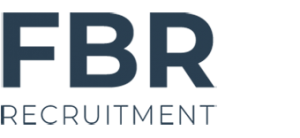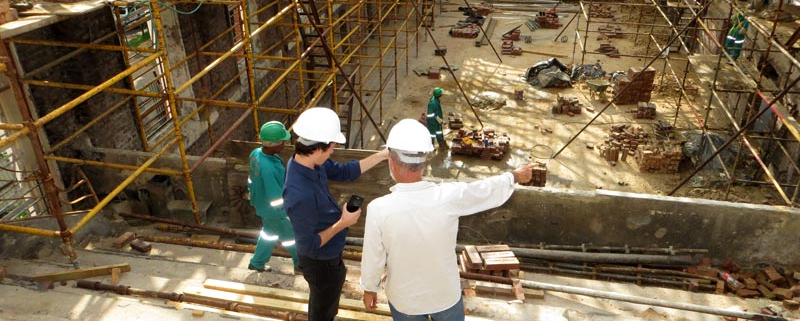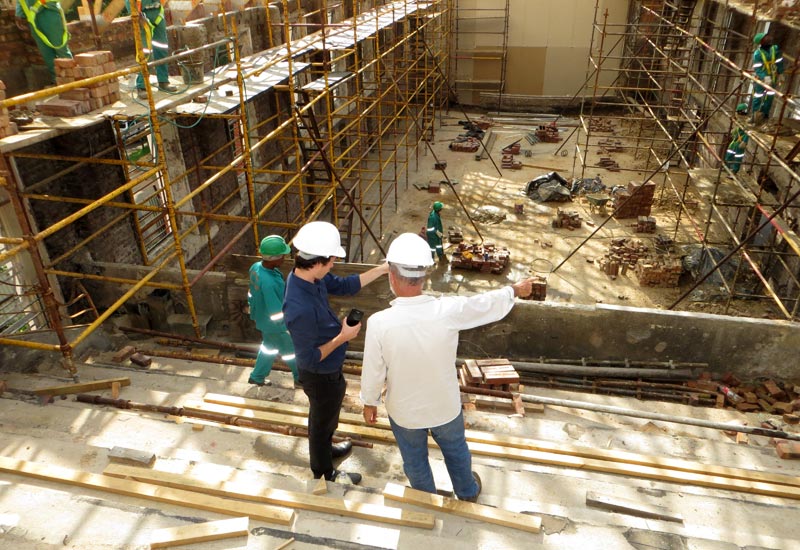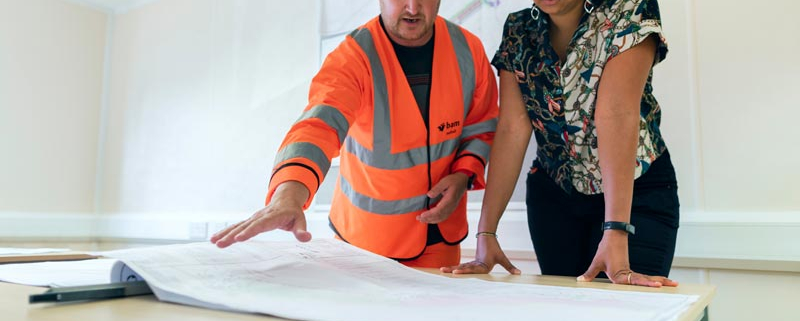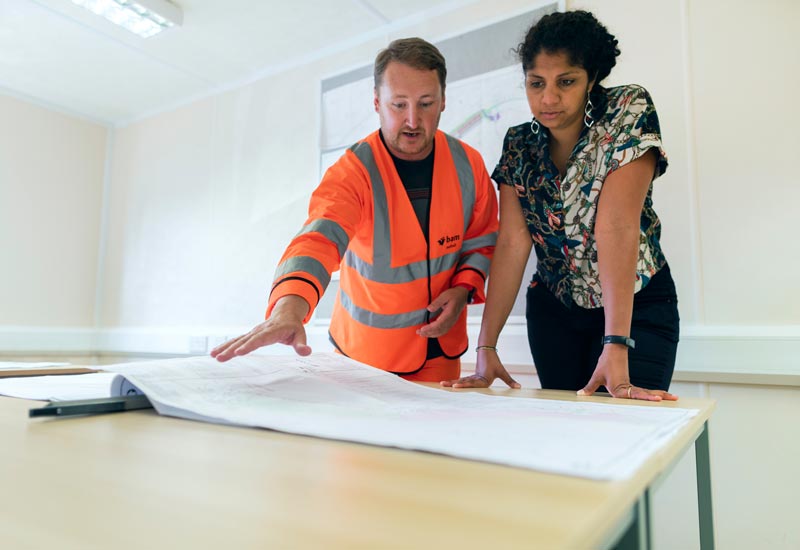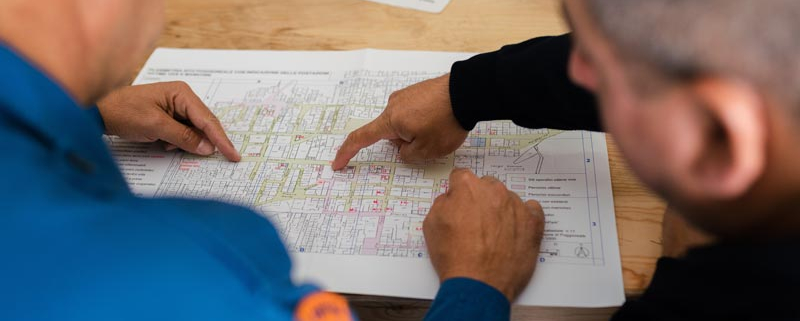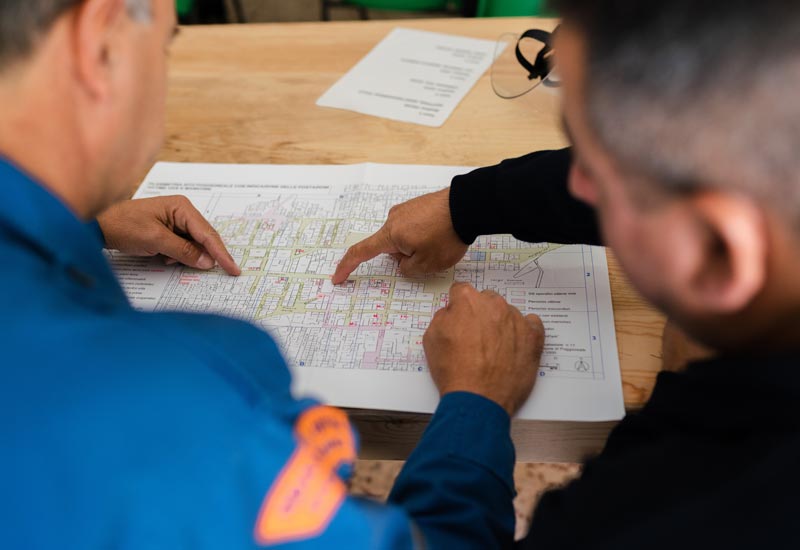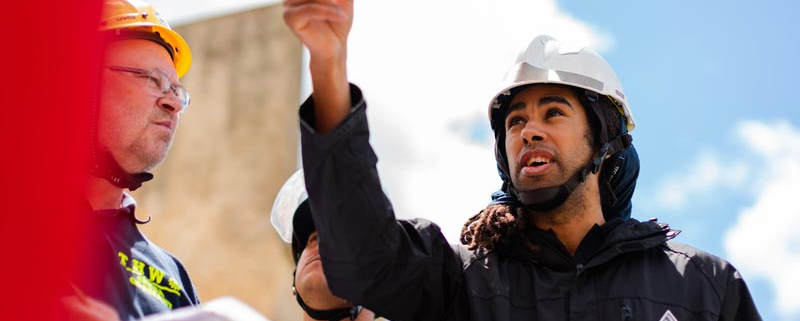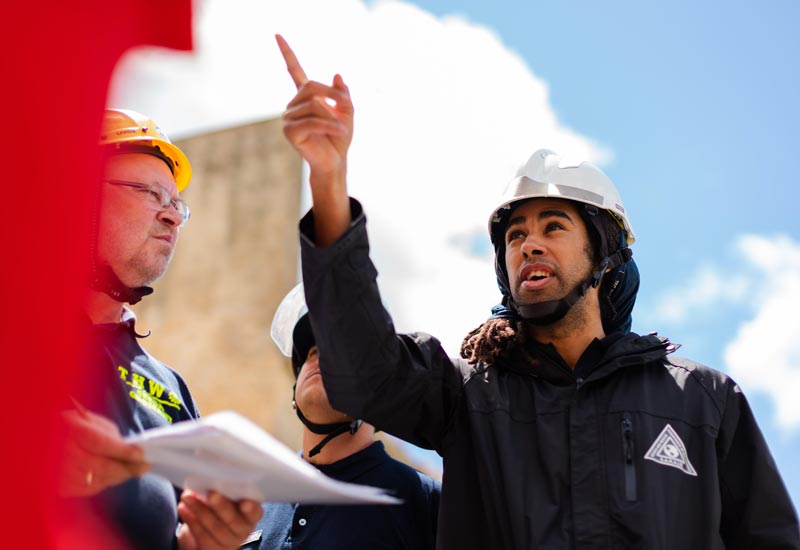All job interviews can be daunting for candidates, many feel like they are put under interrogation and have to perform to be in with a chance of securing a second interview or job offer.
While it is currently an employees market, which means there are many jobs on offer. That doesn’t always mean green flags. There are several things we have heard from candidates about worrying red flags in interviews. So in the spirit of being honest and shedding the truth about our industry, let’s look at things you should look out for in your next job interview.
Vague responses
If a potential employer is unable to answer your questions with clarity it is something to worry about. While you may wish to reword your question to help achieve a more detailed response, it might not be enough.
As a candidate, you need to know all the information that is necessary to help you make a decision. If a potential employer is giving vague answers to simple questions such as salary information, company policies, benefits, as well as the tasks you will be expected to do in that role. It’s a red flag of the highest degree.
Worrying work culture
Work culture can be a fantastic part of working for a company. After all, we spend the majority of our time working so it is important that we get along with our colleagues as well as enjoy the time we spend working at a company.
Worrying work culture can be anything from comments like “We don’t take our lunch breaks we’re too busy”. Another term which seems to be worrying people across social media is “we’re like a family”. This can be a red flag if companies are using this excuse to overload employees with work or guilt trip them into not using their annual leave because the “family” needs you.
Work culture is great, when it benefits the employee as well as the company. Don’t mistake a pingpong table for work culture.
Misaligned beliefs
One of the most common reasons why people leave a job isn’t because of salary or the job itself. But for misaligned beliefs. If a potential employer isn’t showing the same beliefs that you have, for example, work life balance, flexibility, ethics, etc, it won’t work out in the long run.
Working for a company is kind of like a relationship, you need to make sure you are suited to the role and the company for it to truly work out for everyone involved.
Subverting the true details of a job role
Any company that is subverting the true details of a role just to get candidates to interview is a huge red flag.
As a candidate, you need to know exactly what role you are applying for and what would be expected of you. If a company isn’t honest from the get-go, it’s not a great start for a good working relationship.
How to deal with red flags during an interview
So we’ve looked at some of the most common red flags candidates face, the question then becomes what can you do? There are a couple of things you can do before you head into an interview.
Speak with a recruitment agent
Working with a reliable recruitment agency can be extremely beneficial for candidates. There are many clauses that recruiters have in the contracts they create when working with a company and those can also protect the candidate.
Recruitment agencies are built on finding the best candidates for the right roles. This means there has been some pre-vetting done for the job as well as ensuring that the agents understand what the company is looking for.
Prepare for your interview
This is something you will do without question, however, beyond the basic preparation of looking into a company and making notes. Prepare by understanding what you are looking for from a role. Know what you need and narrow it down into things you need, want, and are nice to have in a job role.
If you ever feel uncomfortable during an interview you can leave or not answer a question if it is inappropriate. If you are working with a recruitment agency always make sure you consult them about the interview and anything that was inappropriate.
At FBR, we focus on finding the right jobs for the right people. If you are looking for a new role, view our jobs board today or contact us now.
